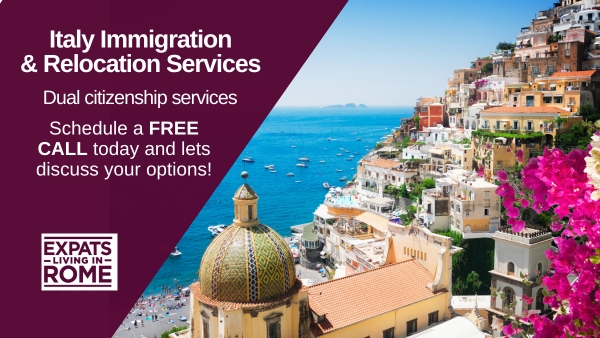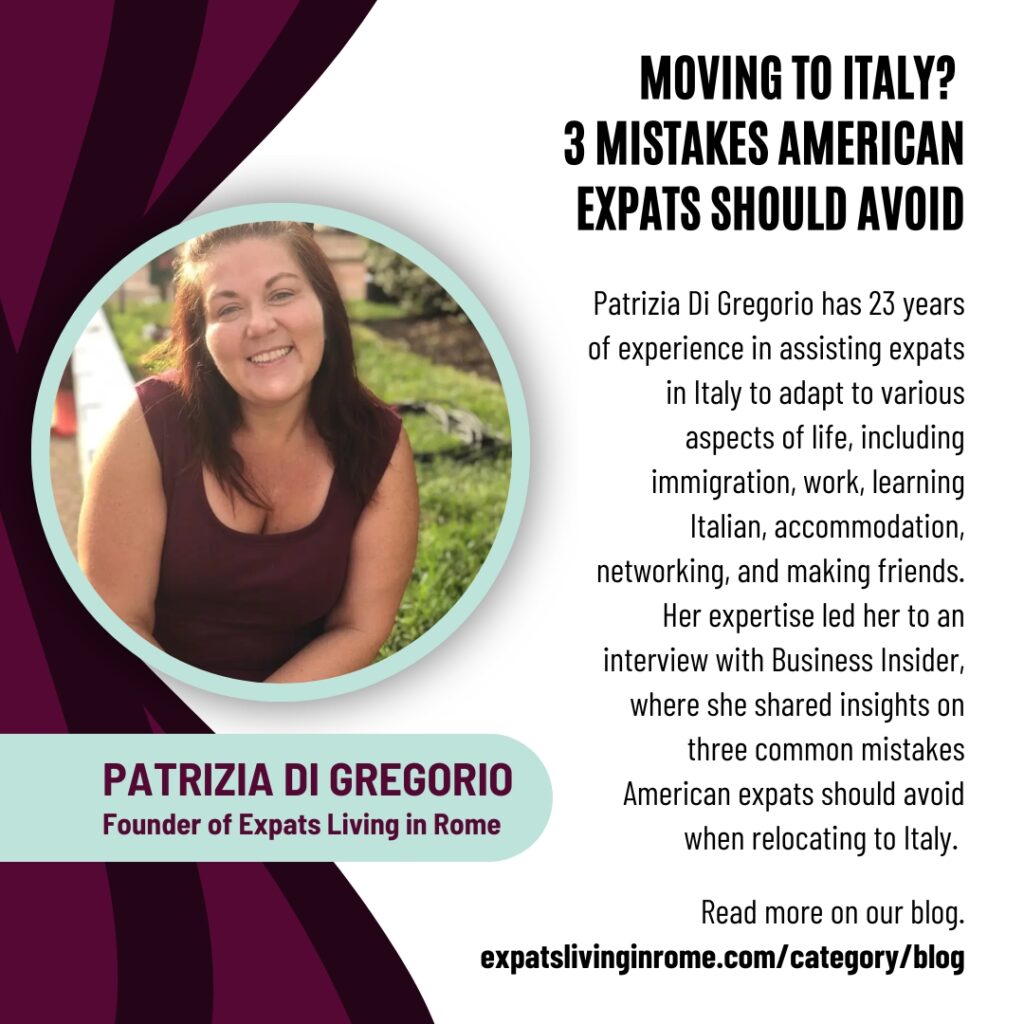What is the Elective Residency Visa (ERV)?
by Adriana ruiz
What is the Elective Residency Visa?
The Elective Residency Visa is a type of long-term visa that allows non-EU citizens to live in Italy without engaging in any form of employment or business activities. This visa is particularly popular among retirees and individuals with substantial passive income sources, such as pensions, investments, or savings. The key requirement is that applicants must demonstrate they have sufficient financial resources to support themselves and any dependents.
To obtain an elective visa in Italy, applicants must fulfill certain requirements. These requirements may vary depending on the specific region or consulate where the application is submitted. However, there are some general criteria that applicants should be aware of:
✅ Financial Independence: Applicants must demonstrate that they have sufficient financial resources to support themselves during their stay in Italy. This can include regular income, pensions, investments, or any other means that provide a stable source of funds.
✅ Health Insurance: It is mandatory for applicants to have health insurance coverage that is valid in Italy. This ensures that they have access to necessary medical services during their stay.
✅ Accommodation: Applicants must provide proof of suitable accommodation in Italy, such as a rental agreement or property ownership documents. This ensures that they have a place to reside while living in the country.
✅ Clean Criminal Record: Applicants must provide a certificate or declaration of their criminal record from their home country, confirming that they do not have any convictions that could pose a threat to public order and security in Italy.
Once the necessary documentation is gathered, applicants can submit their application to the Italian embassy or consulate in their home country or the country where they are legally residing. The application process typically involves completing the required forms, providing the supporting documents, and attending an interview, if requested.
After Arrival in Italy
Upon arrival in Italy, visa holders must apply for a residence permit (Permesso di Soggiorno) within eight days. This permit allows them to stay in Italy for longer than 90 days and must be renewed periodically.
Benefits of the Elective Residency Visa
One of the key benefits of obtaining an Elective Residency Visa in Italy is the opportunity to enjoy the country’s rich cultural heritage and way of life. Italy offers a vibrant and diverse environment, with its historical sites, art, music, and culinary traditions. Living in Italy allows individuals to explore the country’s iconic cities like Rome, Florence, and Venice, as well as its charming villages nestled in the countryside.
Moreover, the Elective Residency Visa provides individuals with the chance to integrate into the local community, learn the Italian language, and forge meaningful connections with locals and fellow expatriates. It opens doors to participating in cultural events, joining clubs or organizations, and embracing the Italian lifestyle to its fullest.
Additionally, Italy’s strategic location within Europe offers convenient access to other European countries. With Italy being part of the Schengen Area, visa holders can travel freely within the 26 Schengen countries, making it an ideal base for exploring the wider European continent.
It is important to note that the Elective Residency Visa does not grant individuals the right to work or engage in any business activities in Italy. However, if individuals decide to pursue employment or start a business, they can explore other visa options that cater specifically to those purposes.
In conclusion, the Elective Residency Visa in Italy presents an enticing opportunity for individuals who wish to indulge in the beauty, culture, and lifestyle of this remarkable country. By fulfilling the necessary requirements and embarking on the application process, individuals can pave the way to a fulfilling and enriching experience, living la dolce vita in the heart of Italy.
Read more:
How to Benefit from Italy’s 7% Tax Rate for Foreign Pensioners
The Best Cities to Retire in Italy
12 Captivating Small Towns in Italy with Populations Under 10,000
Stay informed on the latest immigration updates in Italy and community resources—subscribe to our newsletter.

What’s On in Italy: January 2026 Events Expats Will Love
January in Italy may be quieter than the summer months, but it’s packed with culture, tradition, fashion, and great opportunities to explore without the crowds. From iconic festivals and fashion weeks to free museum days and winter food experiences, here are 12 events happening across Italy in January 2026 that expats shouldn’t miss. 🔥 Fòcara […]

The Year Italy’s Expat Landscape Shifted
Italy’s expat community experienced notable changes in 2025. While metropolitan hubs like Rome and Milan remain magnets for international residents, the most striking trend has been the surge of expats relocating to smaller Italian towns—many with populations under 20,000. For many, this shift reflects affordability concerns, evolving lifestyle priorities, and the changing policy environment around […]

How to Navigate the Property Search and Purchase Process in Italy
Looking to buy property in Italy? We are here to help you step by step! Have you always dreamed of owning a home in Italy—whether it’s a charming countryside farmhouse, a coastal villa, or a cozy apartment in a historic town? We’re here to help turn that dream into reality. Buying real estate in […]

New Year’s Eve Free Concert 2026 in Rome at Circo Massimo
Rome is getting ready to welcome 2026 with an unforgettable night of music, energy, and spectacle. With the support of RDS 100% Grandi Successi, Roma Capitale has officially announced the highly anticipated New Year’s Eve Concert 2026, taking place on December 31st starting at 9:00 PM in the iconic setting of Circo Massimo, one of […]
What’s Quietly Changing in Italy (and What You Should Check)
Italy did not overhaul immigration overnight—but several updates have shifted how things work behind the scenes. Some affect people already living here, others impact those applying from abroad, and a few could catch you off guard if you rely on outdated advice. Nothing here is panic-worthy, but all of it is worth checking before a […]

Single Female Travelers in Italy: Practical, confident, and connected
Rome rewards curiosity and courage. This guide offers grounded tips, cultural insight, and community support so you can explore with confidence—day and night, solo and on your own terms. Start with confidence “Solo doesn’t mean alone.” In Rome, you’ll find friendly locals, layered history, and a vibrant expat network. A little preparation goes a long […]

Christmas in Italy 2025: A Magical Season for Expats Across Italy
Christmas in Italy isn’t just a holiday — it’s a season full of history, flavor, celebration, and heartfelt traditions that bring families, towns, and entire regions to life. Whether you’re an expat experiencing your first Italian Christmas or a returning fan of the magic, 2025 promises some beautiful celebrations across the country. Here’s what to […]

Tax Residency Incentives in Italy — Your Guide (2025)
Italy offers several tax incentives designed to attract retirees, entrepreneurs, high-net-worth individuals and remote workers. These regimes can be extremely generous — but they are complex and often conditional. This guide explains the main options in 2025, who qualifies, and how we can help you plan a compliant move. Why Italy Offers Tax Incentives Italy […]




